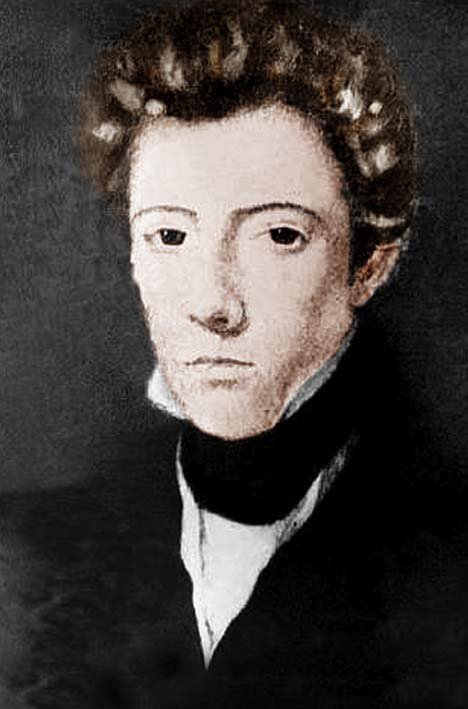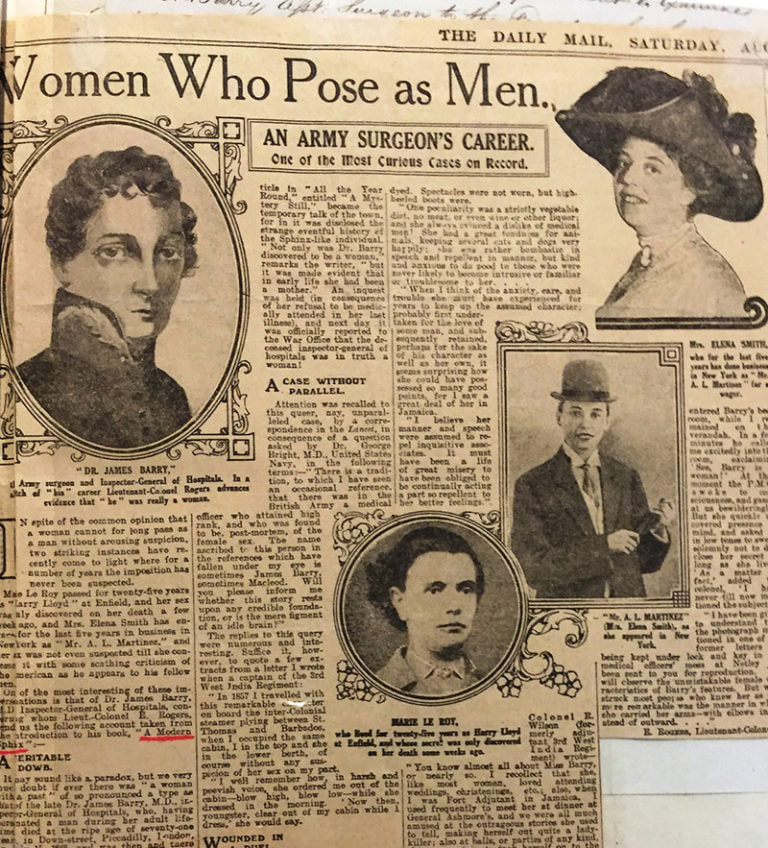|
The curious case of Margaret Anne Buckley, also known as James Barry, is a captivating tale of identity, perseverance, and pioneering achievement in the field of surgery. This is one of those tales that remain so captivating and sparks lots of debates to every listener (or reader). I have grown fond of her story and there are many lessons to be learned here. Without any delay, lets talk about Dr. James Barry. Born Margaret Anne Buckley in Ireland in the late 18th century, she defied societal norms and disguised herself as a man, assuming the identity of James Barry to pursue a career in medicine at a time when women were barred from such professions. Under the guise of James Barry, Buckley graduated from medical school in Edinburgh and embarked on a distinguished career as a military surgeon in the British Army. Throughout her career, Barry made significant contributions to medical practice, particularly in the fields of hygiene, sanitation, and surgical techniques, revolutionizing the standards of healthcare in the military. Barry's story is fascinating not only for the audacity of her deception but also for the groundbreaking advancements she made in surgery during a time when women were largely excluded from the medical profession. Her achievements challenge conventional notions of gender roles and highlight the importance of inclusion and diversity in medicine. Today, Barry's legacy serves as an inspiration to aspiring surgeons, particularly women, who continue to face barriers and biases in the field. Her story underscores the resilience and determination required to overcome obstacles and make meaningful contributions to the advancement of medical science. Additionally, it serves as a reminder of the ongoing need for inclusivity and equal opportunities in surgery and healthcare professions. The most controversial aspect of James Barry's story revolves around the discovery of her assigned female gender identity after her death. Throughout her life and career, Barry successfully maintained the facade of being a man, deceiving colleagues, superiors, and society at large. It was only upon her death in 1865 that it was revealed that James Barry was, in fact, Margaret Anne Buckley, a woman (Buckland, 2017).
This revelation sparked debates and controversies about Barry's true identity, motivations, and the implications of her actions. Some viewed her deception as a courageous act of defiance against the restrictive gender norms of her time, allowing her to pursue a career and make significant contributions to medicine that she would have otherwise been denied as a woman (Pagan, 2019). Others criticized her for perpetuating a lie and questioned the ethics of her decision to conceal her gender throughout her life and professional career (Haller, 2018). The controversy surrounding James Barry's story raises complex questions about gender identity, societal expectations, and the lengths to which individuals may go to achieve their ambitions in the face of systemic discrimination. It continues to intrigue and provoke discussion, challenging conventional understandings of gender roles and historical narratives in medicine (Kaufmann, 2015). The Legacy of Dr. James Barry James Barry, despite the controversy surrounding her identity, made significant contributions to the field of surgery and healthcare during her career. Some of her notable surgical achievements include: Advancements in Caesarean Section: James Barry advocated for the use of Caesarean sections as a life-saving procedure for both the mother and the child. Her recommendations and improvements to the surgical technique helped to increase the success rate of this procedure (Buckland, 2017). Improvements in Hygiene and Sanitation: Barry emphasized the importance of hygiene and sanitation in medical practice long before these principles became widely accepted. Her efforts to implement strict hygiene protocols in military hospitals helped to reduce infection rates and improve patient outcomes (Pagan, 2019). Pioneering Surgical Techniques: Barry was known for her innovative approaches to surgery, including the use of new surgical instruments and techniques. She contributed to the development of surgical procedures that were more effective and less invasive, laying the groundwork for modern surgical practice (Haller, 2018). Medical Reforms: As a medical inspector in the British Army, Barry implemented reforms that transformed military healthcare. She introduced standardized medical examinations, improved medical record-keeping, and advocated for better living conditions for soldiers, leading to overall improvements in the quality of care provided to military personnel (Kaufmann, 2015). Advocacy for Public Health: Barry was a strong advocate for public health initiatives, promoting vaccination programs, clean water supplies, and improved living conditions to prevent the spread of disease. Her efforts helped to advance public health policies and improve the health and well-being of communities (Buckland, 2017). These achievements highlight James Barry's innovative spirit, dedication to patient care, and commitment to advancing the field of surgery and medicine during a time of significant medical challenges and limited understanding of healthcare practices. Thank you for joining us on another History of Surgery adventure. Until next time. Eliel Arrey MD MBA References: Buckland, A. (2017). "James Barry: A Woman Ahead of Her Time in Medicine." Journal of Medical Biography, 25(1), 25-30. Pagan, V. (2019). "Reconsidering James Barry: Gender and Medicine in the Nineteenth Century." Gender & History, 31(2), 342-360. Haller, J.S. (2018). "The Strange Case of James Barry, MD: An Exceptional Woman in Disguise." Journal of the History of Medicine and Allied Sciences, 73(4), 400-420. Kaufmann, L. (2015). "The Woman Who Pretended to Be a Man to Become a Doctor." BBC History Magazine, 16(3), 50-55.
0 Comments
Leave a Reply. |
AuthorEliel Arrey, MD., MBA., is a Surgeon, business advocate, entrepreneur, medical historian, expert author, and educator. ArchivesCategories
All
|


 RSS Feed
RSS Feed